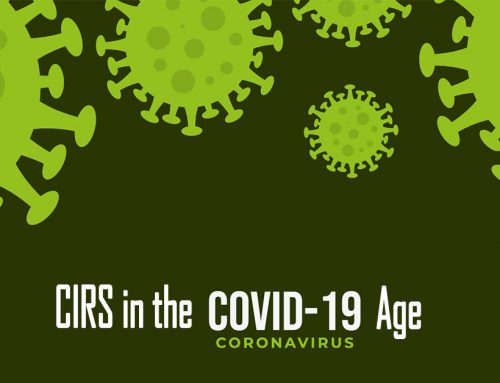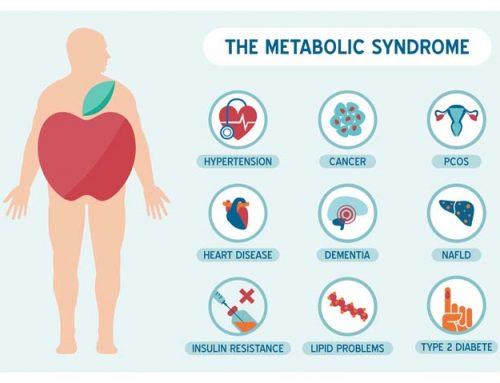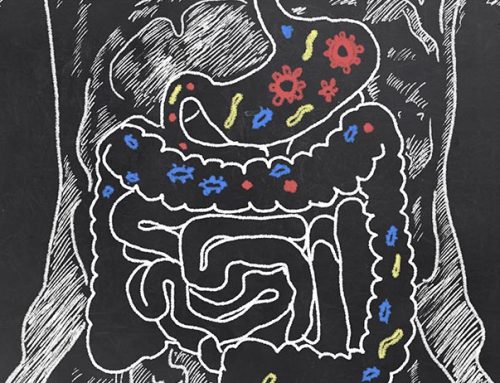Sleep is such as important function fo the human body that it can hardly be emphasised enough. Without deep restorative sleep it is hard to heal from chronic ill health, especially if the brain or neurological system is involved.
A 2015 study published in “Arteriosclerosis, thrombosis, and vascular biology” suggested an association between poor sleep quality and coronary arterial calcification in women only, but decreased brachial-ankle pulse wave velocity, an indicator of peripheral vascular disease, in both men and women.[1] Sleep deprivation is also known to be associated with higher rates of depression[2] and aggression and violence[3], likely due to the changes in brain neurochemicals which it induces.
Common causes for poor sleep quality include a deficiency of calcium and magnesium, poor liver and/or gallbladder function, noctural hypoglycaemia (low blood sugars) and stress or inflammation leading to hgh cortisol levels. Electromagnetic frequencies (EMF) from wireless internet, mobile phone towers and other sources is another important cause, due to the effect on melatonin production. Chronic inflammatory response syndrome (CIRS) is a cause of insomnia due to inhibition of melatonin production caused by MSH deficency.[4]
In melatonin, we have the most important remedy for sleep. Melatonin is naturally produced from serotonin in the pineal gland on exposure to darkness. It induces and maintains deep sleep. Other neurotransmitters such as GABA and serotonin are important as well.
Supplementing with relaxant minerals such as calcium, magnesium and zinc can assist with sleep. Many people respond to simple herbal tinctures with valerian, passionflower, zizyphys and skullcap, taken around 30 min before bed.
Simple lifestyle changes such as avoiding sweets and caffeinated beverages after around 2pm, plus having an early and light dinner, will often assist with sleep hygiene. Avoiding excessive computer or smartphone use at night is highly recommended. Use of “block blue” glasses at night is a useful strategy for preventing light-induced suppression of melatonin. Dietary changes increasing availability or uptake of tryptophan or foods assisting with production of serotonin and melatonin appear to also be helpful for promoting sleep quality.[5]
If not responding to these simple measures, melatonin can be taken as a slow release formula in dosages between 1mg and 35mg, 30 min before bed. Melatonin also appears to be a strong neuroprotective compound, preserving neurons in cases of stroke[6], traumatic brain injury and spinal cord injury[7]. Sleep deprivation has an effect on the blood brain barrier (BBB), increasing its permeability and susceptibility to heavy metals such as silver and copper.[8] Conversely, melatonin appears to protect the blood brain barrier, and specifically protect against the effect of inflammatory molecule MMP-9 [9], often elevated in CIRS patients. Other medications, such as SSRI or tricyclic antidepressant medications, are best reserved for refractory patients who are unable to sleep despite a trial of all other options.
Enhancing sleep is one of the most basic and important therapeutic inventions in clinical practice, and without it, it is difficult to make significant strides forward in chronic health problems. It is therefore a top priority in an integrative medicine treatment protocol.








Leave A Comment